The Foundation for the National Institutes of Health (FNIH) and Jayne Koskinas Ted Giovanis (JKTG) Foundation for Health and Policy are proud to announce renewed support for the intramural research training of two young fellows at the National Institutes of Health (NIH). The fellowships are being made possible by a generous donation from the JKTG Foundation for Health and Policy to the FNIH.
The two deserving scholars have received training awards through the NIH Postbaccalaureate Intramural Research Training Awards (Postbac IRTA) program and the NIH’s Graduate Partnership Program (GPP) to conduct full-time research at NIH under the mentorship of Dr. Sharon Milgram, Director of the NIH Office of Intramural Training & Education.
While the GPP scholar is interested in research focused on nanotechnology and cancer therapeutics, the Postbac IRTA scholar is focused on physics and biomedical engineering.
The Postbac IRTA provides recent college graduates who plan to apply to graduate or professional (medical/dental/pharmacy) school with an opportunity to spend one or two years performing research at the NIH.
Each postbac works side-by-side with some of the leading scientists in the world in an environment that is devoted exclusively to biomedical research. During the course of their training they participate in a wide variety of scientific and career enrichment activities.
The GPP is designed to bring Ph.D. graduate students to the NIH Intramural Research Program for dissertation research. Participants enjoy the academic environment of their host university along with the extensive resources of the NIH.
This unique graduate experience trains the next generation of scientific leaders through emphasizing communication and collaboration, information integration and interdisciplinary investigation. Students work in a highly collaborative research environment with leading scientists and clinicians – in a network of fellow graduate students – and share the NIH campus with the largest translational research hospital in the nation.
Through these programs, the JKTG Foundation for Health and Policy’s donation to the FNIH will support fellows whose basic research could help to expand the understanding of disease and ultimately result in clinical applications. Successful biomedical research relies upon the knowledge, training and dedication of those who conduct it.
This generous support bolsters NIH’s training program to support our next generation of researchers by bringing multiple disciplines to bear on health challenges that require innovation and collaboration. Scholarships and awards like these provide access to fellowships and residential training opportunities that respond to the needs of scientists at every level and stage of their careers.
Featured news
Ted’s Take: Errors in formulas and what it means for AI
Spinach is the best source of iron. I’ve understood this for decades now. As I ate more and more healthy foods, I’d choose spinach salads because of the “great” nutritional value, particularly iron.
Ted’s Take: An ounce of prevention
They stay an ounce of the prevention is worth a pound of cure. Isn’t it the truth.
How physicians are paid
Despite a growing need for general practitioners, the Medicare system is not helping with this shortage given the maldistribution of reimbursement between general medical providers and surgeons and other specialists.

Jayne Koskinas Ted Giovanis
Foundation for Health and Policy
PO Box 130
Highland, Maryland 20777
Media contact: 202.548.0133


